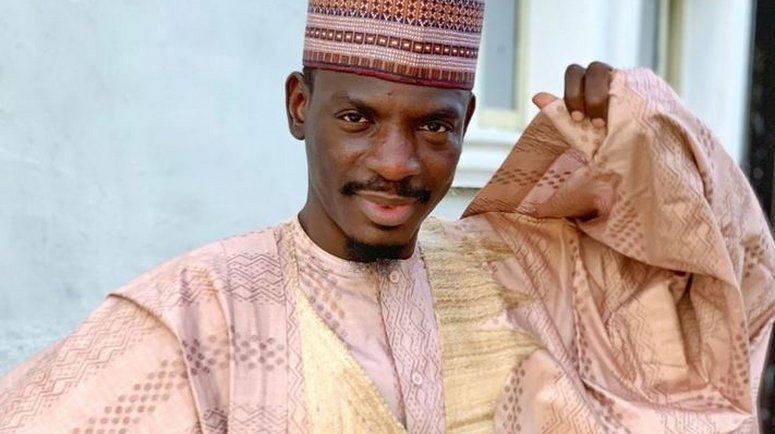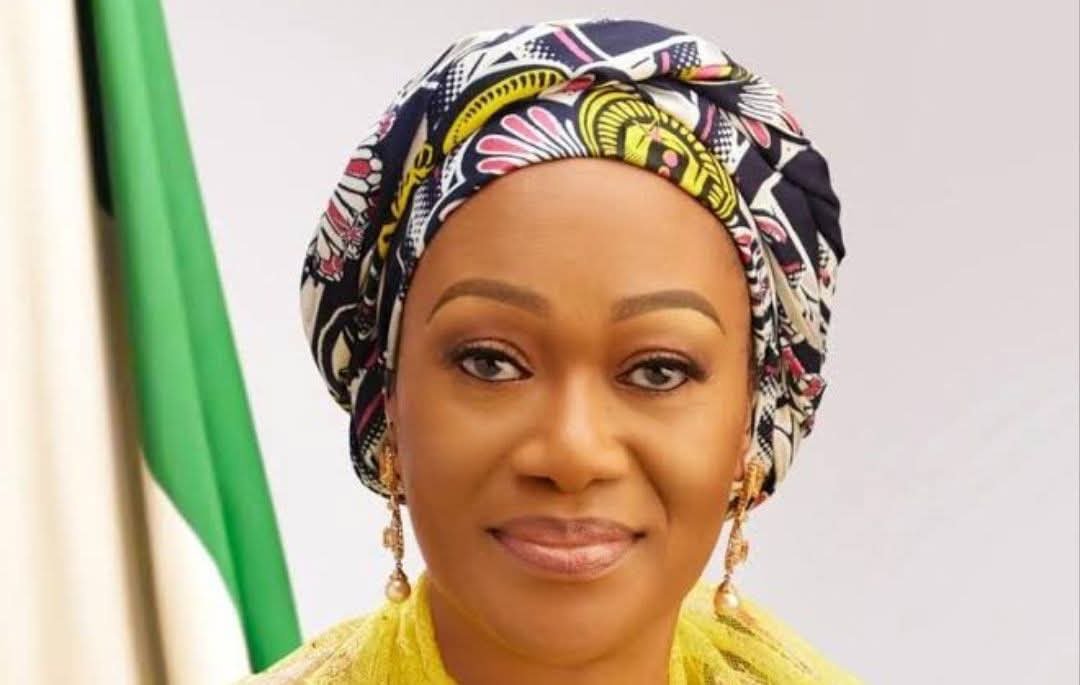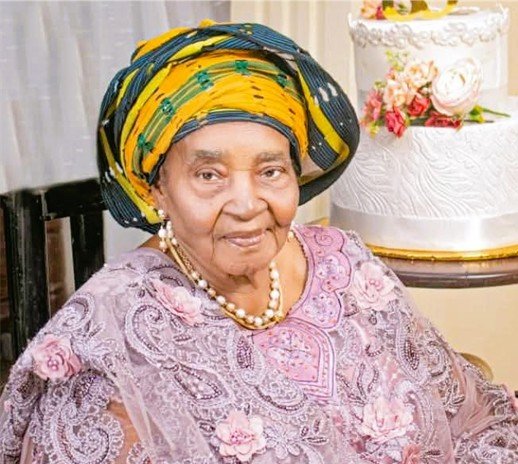
Former Buhari Aide, Bashir Ahmad, Discusses His Principal’s Legacy
Bashir Ahmad, former Senior Special Assistant on New Media to the late President Muhammadu Buhari, speaks with ISMAEEL UTHMAN about Buhari’s legacy and controversies surrounding his administration.
Buhari served as Nigeria’s military Head of State and later as a two-term civilian President. How would you define his legacy?
His legacy, as he often said before his passing, is integrity. That is what he stood for, and even now, Nigerians can see it. He consistently emphasized that his integrity would remain his legacy, and today, that is evident.
Critics argue that Buhari’s administration disregarded the rule of law. How do you respond?
I disagree. One thing Buhari held sacred was his respect for the judiciary. It is inaccurate to claim he had no regard for the rule of law. He often stressed the separation of powers among the executive, judiciary, and legislature, and he never compromised that. Using isolated incidents to paint his government as lawless is unfair.
Some point to the removal of Justice Walter Onnoghen and the raid on judges’ homes as examples of executive intimidation of the judiciary.
These actions had legal bases. Justice Onnoghen’s case involved asset declaration issues, which are constitutional matters. The Constitution requires everyone, including the President, to declare their assets correctly. As custodians of the law, judges are not above the law. Buhari was clear that he belonged to everyone and to no one, and he would have acted similarly if anyone else were in the same situation.
Buhari’s critics claim he failed to unite the country and that his administration worsened divisions. What is your view?
Nigeria was divided long before Buhari assumed office, with historical ethnic crises and even a civil war. He made efforts to unite the country, but unity requires cooperation from all parties. Some elements were simply not interested in national unity, despite his efforts.
Why did Buhari relocate from Daura to Kaduna?
Initially, he preferred Daura because it allowed him to spend time with his family in a peaceful environment after years in public service. However, the influx of visitors became challenging due to Daura’s lack of an airport. Moving to Kaduna, with its airport, made it easier for people to visit him without unnecessary travel stress.
There were allegations that Buhari ran an ethnically biased administration, favouring the Fulani. Was he an ethnic bigot?
No, he was not. In fact, Fulani and Hausa communities were among the primary victims of insecurity. It is illogical to accuse him of protecting those harming his own community. Accusations of ethnic bias ignore the facts on the ground.
Buhari’s handling of the #EndSARS protests, particularly the Lekki Tollgate incident, raised concerns about human rights under his administration. Did he respect human rights?
Buhari addressed the nation twice on the protests and approved all five demands of the demonstrators before the protests were disbanded. He also called for the release of arrested protesters and respected freedom of speech and assembly while managing the situation responsibly.
Buhari’s administration focused heavily on anti-corruption. Do you believe he achieved significant progress in that area?
Absolutely. His administration made substantial progress in the anti-corruption fight, with unprecedented commitment from agencies that recovered numerous looted assets. Even senior officials, including a former Secretary to the Government of the Federation, faced consequences under his leadership, demonstrating that he took anti-corruption seriously.
Do you think criticisms of Buhari are fair?
Often, people fail to appreciate a leader’s efforts until after their death. I believe Nigerians will begin to see and appreciate Buhari’s contributions more now. He dedicated his entire adult life to serving Nigeria, always working within the system.
The naira redesign policy remains controversial. Why did Buhari implement it?
The naira redesign aimed to benefit Nigerians by promoting credible elections. Buhari wanted to curb vote-buying and ensure that citizens could vote freely, without financial inducement. The idea originated from the EFCC, received support from the Ministry of Justice, and was approved by the President to safeguard the electoral process, reflecting his commitment to free and fair elections.


